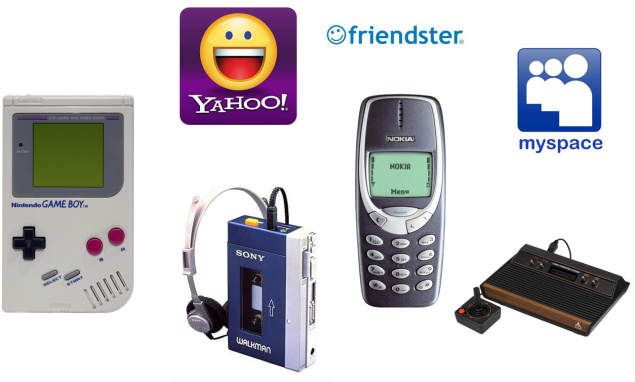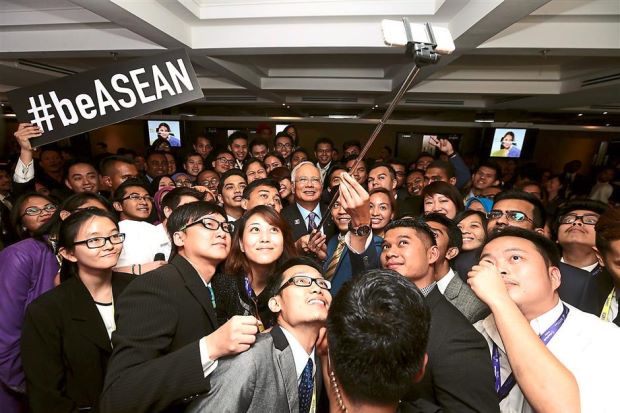Who are the Millennials – Part 1
by Maria Pineda 21 March 2017
I remember a decade ago when I started doing my own research to profile a generation of university students in Manila that had been accustomed to the push-pull modality of getting information. It seemed premature then of what is the right label for them. I encountered then the researches of Edward Dieterle (and Chris Dede and Karen Schrier) that I decided to adopt the term “millennials”. My Swede friend and colleague at some point was in a similar study and was caught between the labels “digital natives” and “digital migrants”. So after doing related studies on this cohort of individuals, I can comfortably talk about them.
Many teachers are still in confusion when we talk of the millennials even here in Vietnam or in the region. So I am making this post to shed more insight on this topic.
Millennials are the individuals born after 1980 up to 1999. These persons had very early exposure to different media even at age 0. While in the wombs of their mothers, they had heard music or sound from the stereo or the television. Most of them at the age of 8 would have exposure to mobile technologies such as Nintendo, Gameboy, a music player like the Sony Walkman or Sony Discman. Most of them would have used a Nokia or Motorola mobile phone too.

They grew up with the privilege of having access to a desktop computer and later their computers hooked up to the internet. This meant growing up exposed to a variety of conversation formats such as the email, the yahoo messenger, the e-groups, Friendster or Myspace, early versions of Blackboard and Moodle. These circumstances also gave rise to the word “friending“.
So when Facebook, Youtube, Twitter and Skype were born between 2000-2010, assimilation to these social media was natural for the millennials. They don’t have a dysfunctional or confusing view of what is online and offline. Both of these modalities are true realities for them. Expressing themselves using different convo formats are the same.
It is very much unlike to individuals who were born from the 1960s to 1979. These individuals sometimes get confused on the virtual norm of communications. On many occasions, they perceive it as a separate or different world, more of a pseudo-reality. But along the way, for those who continued to be adept on technologies and continued to assimilate, they were able to adapt to this online reality.

Photo shows Prime Minister Datuk Seri Najib Tun Razak with the millennial executives at the ASEAN CEO Summit in Kuala Lumpur, held last Feb. 2015.
Going back on the topic of millennials, these individuals who are very comfortable with using technologies, have developed skills such as “self-service learning“. Self-service learning is the term I have used back in 2009 when I uncovered how these individuals would push or pull information anytime, anywhere, just as they need it. The technological environment permitted it. The presence of the pioneer websites such as Howstuffworks.com or About.com or Youtube complemented the self-service learning styles of the millennials.
So inevitably, this self-service learning style evolved into a more empowered digitally influenced do-it-yourself (DIY) learning style. Apart from the ability to find the information they need, they are able to perform efficient and/or effective searching and studying or learning new things on their own. Along the way, in the process of getting their information or learning on their own or having an online convo, acquainting themselves or friending somebody is not difficult or extraordinary. It is again, natural for them.
There are many studies about the millennials even as they have reached their 20s. My interactions with them proved that– they need to be challenged or be exposed to new learning situations. Five years after their first job, they would have landed to two or three jobs. They are continuously involved in the technological developments. Their situation that provided many information and a great deal of knowledge at their disposal made them more cognitively analytical.
So I hope this article would help the teachers and academics in our region. As a teacher, you should be in the position to profile them and not to make judgment and assumptions based on your world-view.